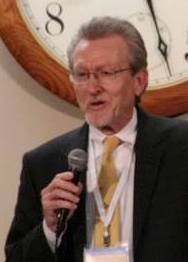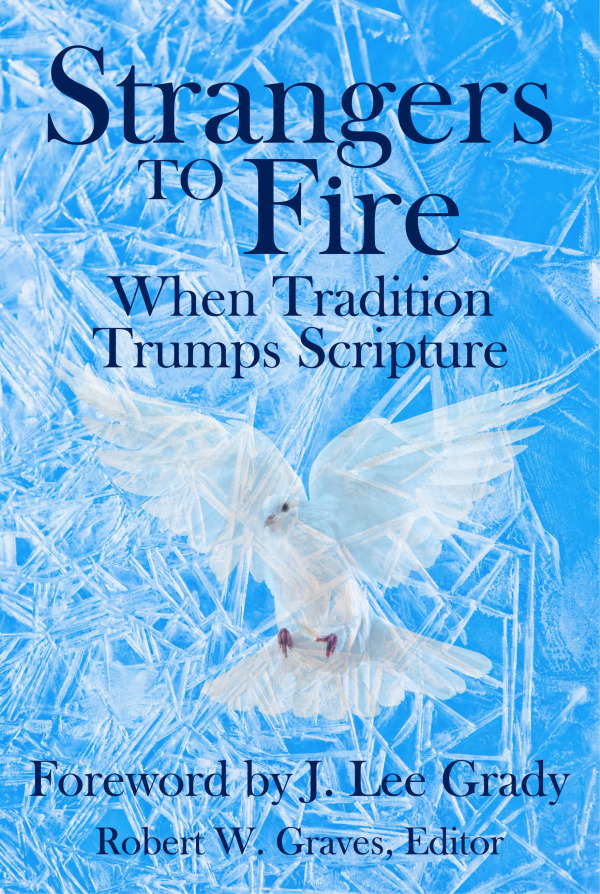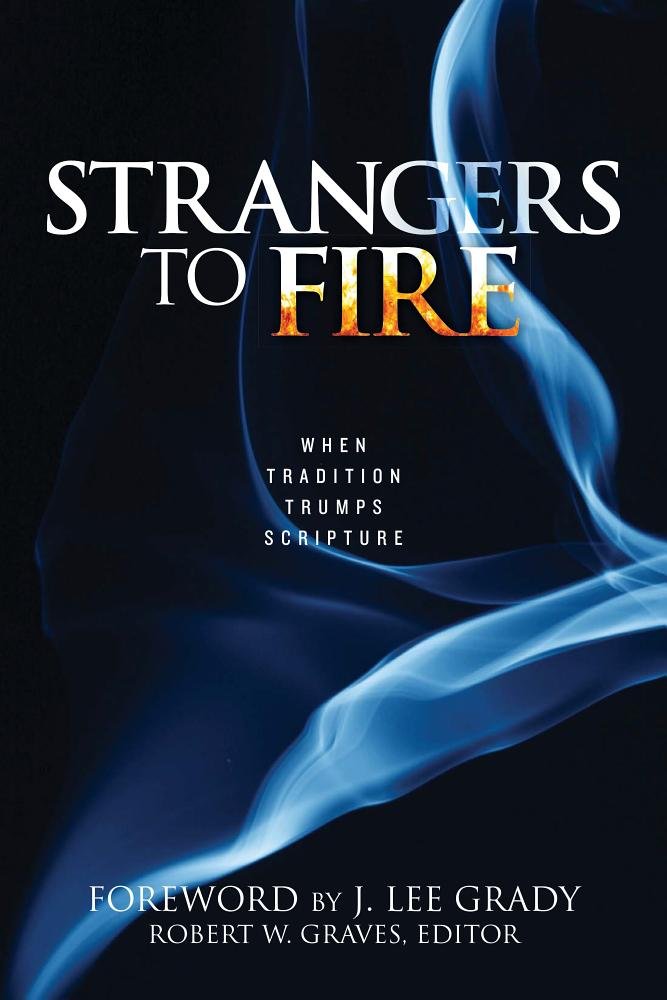Robert Graves speaks with PneumaReview.com about Strangers to Fire
Editor Introduction: For many Pentecostals and charismatics, John MacArthur’s 2013 book, Strange Fire, represents the same tired arguments used for years by those who believe God is done giving gifts to his church. PneumaReview.com asked The Foundation for Pentecostal Scholarship President, Robert Graves, about their response, their first published book, Strangers to Fire: When Tradition Trumps Scripture.
PneumaReview.com: What was the reason for creating this anthology? Is it merely to offer an answer to John MacArthur’s Strange Fire?
Robert Graves: John MacArthur’s book presented an opportunity to show that there is a scholarly side to Pentecostalism. It’s not just fire—there’s a great deal of light! A response to Strange Fire allowed us to show that other side. When I read Strange Fire, I detected a bit of embarrassment on MacArthur’s side as he tried to woo back to the cessationist side some scholarly minds that had seen the failure of cessationism, that is, it’s failure to correctly interpret and apply the Scriptures. The Foundation’s anthology, Strangers to Fire: When Tradition Trumps Scripture, displays the other side of Pentecostalism, that is, the scholarly side. It’s also a side that the average Pentecostal needs to see; they need to know that there are teachers they can go to for truth when errant Pentecostal teachers go off course, not just errant cessationists.
PneumaReview.com: There are some that still believe that the renewal movements of the Pentecostals and charismatics have produced few scholars or theologians, but the list of contributors to Strangers to Fire defies that idea. Would you take the time to introduce us to each of the writers appearing in this volume and how they are contributing to renewal theology today? It is a long list, but there are many students and church leaders that do not yet know who these scholars are or how many Christian traditions they represent.

Robert Graves presenting at the 2014 meeting of Society for Pentecostal Studies.
Robert Graves: Allow me to begin with a summary: there are twenty-six authors and thirty-five chapters, obviously, some wrote more than one chapter; for instance, there are three chapters by Jack Deere and three by Jon Ruthven. Almost all of the contributions were previously published, so the anthology serves more as a clearinghouse or convenient compendium of first-class scholarly responses to cessationism than a source of new ideas (I must note as an exception Paul Elbert’s chapter “Face to Face: Then or Now? An Exegesis of First Corinthians 13:8–13,” which alone is worth the price of the book; it’s been around for awhile as a paper read at the Society for Pentecostal Studies, but it was never published). A number of the authors I do not personally know, but my best guess is that 14 of them are classical Pentecostals, six of them have Baptist backgrounds, three have Reformed backgrounds, one is an Anglican, and one comes from a Methodist background. Most of those who come from non-Pentecostal backgrounds would now consider themselves to be Charismatic or Third Wave. Here they are in alphabetical order:
Stanley M. Burgess is Professor of Religious Studies at Southwest Missouri State University. He received a BA and MA from the University of Michigan and a PhD from the University of Missouri-Columbia. He has taught history for 57 years and was Distinguished Professor of Christian History, Regent University, Virginia Beach, Virginia (2004–2011). He has written numerous scholarly articles on church history and the history of Christianity as well as several scholarly books, including The Spirit and the Church: Antiquity (Hendrickson), The Holy Spirit: Eastern Christian Traditions (Hendrickson), and The Holy Spirit: Medieval Roman Catholic and Reformation Traditions (Hendrickson).
Randy Clark is the Overseer of Global Awakening and the Apostolic Network of Global Awakening. He has ministered for over 43 years in 45 countries; he pastored for over 30 years. He received an MDiv from The Southern Baptist Theological Seminary, Louisville, Kentucky, a DMin from United Theological Seminary, Dayton, Ohio (a United Methodist seminary), and a ThD from Phoenix University of Theology (not ATS accredited). He was ordained in the General Baptist denomination in 1971, the American Baptist in 1975, the Vineyard in 1984, and the Apostolic Network of Global Awakening in 2006. He has authored over twenty books, training manuals, and workbooks, including There Is More and The Essential Guide to Healing (along with co-author Bill Johnson); compiled and contributed to Power, Holiness, and Evangelism and Supernatural Missions. He had vision for an institute to verify healings which has become a reality, the Christian Medical Research Institute.org. He is the president of Global School of Supernatural Ministry.




